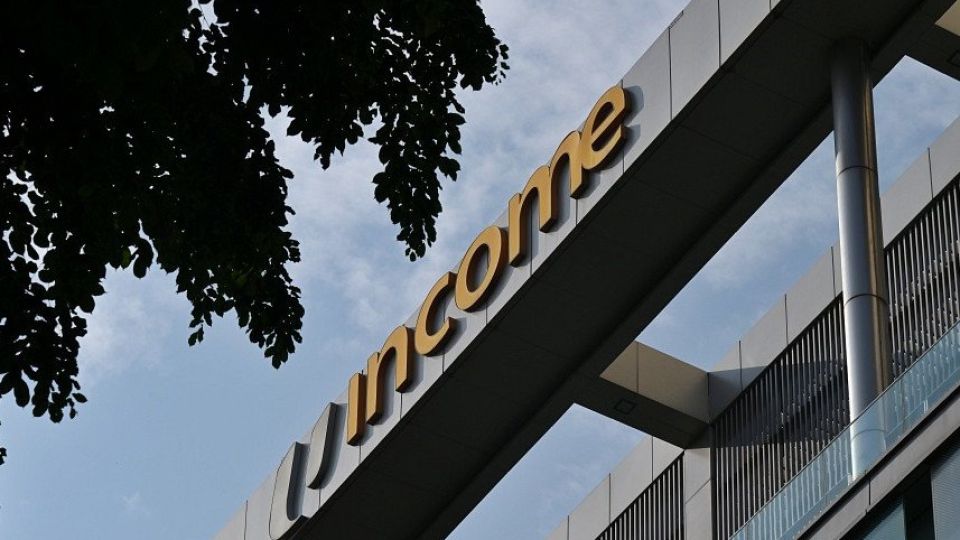October 15, 2024
SINGAPORE – German insurer Allianz said late on Oct 14 that it will consider revisions to the proposed transaction structure to acquire a majority stake in Singapore’s Income Insurance.
This comes after the Singapore Government blocked the deal on concerns over the deal structure and the ability of the local insurer to continue its social mission.
Allianz, which is listed in Germany, said it respects the Government’s position and will assess the situation with Income and NTUC Enterprise.
“We are convinced that partnering with Income Insurance, a company that shares Allianz’s values and commitment to customer excellence, will benefit Singapore’s customers and society,” it added. “We will now work closely with the relevant stakeholders to consider revisions to the proposed transaction structure,” Allianz said.
Income and its parent NTUC Enterprise also said they will work closely with relevant stakeholders to decide on the next course of action.
Mr Edwin Tong, who is Minister for Culture, Community and Youth and Second Minister for Law, said in Parliament on Oct 14 that the Government has decided that it would not be in the public interest for the transaction to proceed in its current form.
First, there are doubts over Income’s ability to continue to fulfill its social mission. Second, a proposal by Allianz to undertake a capital reduction exercise to return $1.85 billion to shareholders, within the first three years after the deal is completed, do not align with earlier assurances made by Income.
When Income embarked on a corporatisation exercise in 2022, it had obtained an exemption to allow it to carry over a surplus of $2 billion to the new corporate entity.
If not for the exemption, the $2 billion sum would have gone to the Co-operative Societies Liquidation Account to benefit the co-op movement in Singapore as a whole. This is a requirement under the legal framework for the winding up of a cooperative.
Following the Government’s decision to block the current deal, the Insurance Act will be amended on an urgent basis to allow the approval to be withheld.
This will pave the way for the Monetary Authority of Singapore (MAS) to consider the views of the Ministry of Culture, Community and Youth (MCCY) in future applications related to insurers that are cooperatives or are linked to cooperatives.
NTUC Enterprise, which owns close to 73 per cent of Income, said it will study carefully the implications of Mr Tong’s ministerial statement and the amendments to the Insurance Act.
It will “work closely with relevant stakeholders to decide on the next course of action”.
The organisation also said it has consistently acted in good faith to safeguard the interests of shareholders, policyholders and employees of Income, adding that it “believes Allianz’s offer will enable Income Insurance to be even more relevant and resilient over the long term, to fulfil its social commitments, and meet its obligations to its policyholders”.
In a separate statement, Income also said it will review and take into consideration the forthcoming amendments to the Insurance Act and work closely with relevant stakeholders to study and decide on the next course of action.
The insurer added that it “remains committed to empowering the financial well-being of Singaporeans”.
Governance advocate Professor Mak Yuen Teen of the National University of Singapore said the deal may not sufficiently protect the social objectives of Income after Allianz acquires a majority stake.
A capital reduction may also be in effect a way for Allianz to help finance the deal, and this may in turn affect Income’s ability to deliver on social objectives.
This is probably why Allianz was willing to pay a high price while still expecting a good return on investment, he said.

